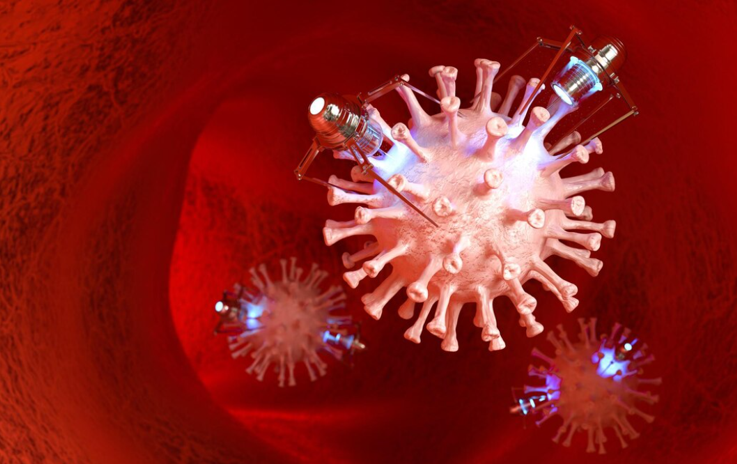Ready to Live Forever With the Ray Kurzweil Human Immortality Theory?

©️ user6702303 / Freepik
How good can the advancement of technology actually be? We have encountered many instances where AI has been doing wonders (and even some downsides). But how far can it really advance? Some experts are currently claiming that AI and technology can be taken as far as immortality. However, how true and how possible can this notion be? This is Ray Kurzweil’s Human Immortality theory, and why he says humans can live forever as soon as the next decade.
The Ray Kurzweil Human Immortality Study
Ray Kurzweil, a renowned futurist known for his predictions, has a track record of making some remarkable and accurate forecasts. In 1990, he correctly foresaw that a computer would surpass the world’s best chess player by the year 2000. This was a prediction that indeed came true. Additionally, his prediction that mobile phones would become a pervasive part of our future has been proven correct.

Kurzweil’s latest predictions delve into the realms of artificial intelligence and human immortality. He anticipates that artificial intelligence will pass the Turing Test. The Test assesses whether machines can exhibit intelligent and “human-like” behavior, before the year 2030. Furthermore, his most audacious prediction revolves around the concept of human immortality. These predictions suggest that it could be attainable within the next eight years. While these predictions may seem ambitious, given Kurzweil’s previous successes, they certainly warrant attention and consideration in the ongoing discourse on the future of technology and humanity.
How Is Ray Kurzweil’s Human Immortality Idea Possible?
Ray Kurzweil envisions a future where nanobots, miniature robots, will navigate through our bloodstream to monitor our health and well-being. These nanobots would have the capability to perform real-time health assessments within our bodies. Additionally, Kurzweil suggests that they could also facilitate the upload of thoughts and memories to cloud-based storage systems, potentially revolutionizing the way we store and access our cognitive experiences. This concept underscores his broader vision of merging advanced technology with human biology to enhance and extend human capabilities.
Are These Predictions Trustworthy?
Ray Kurzweil, a prominent scientist, claimed in a report he authored in 2010 to have achieved an impressive 86% accuracy rate with 147 predictions he made in the 1990s. Some of his notable predictions included the ability for consumers to design custom clothing from their home computers by 1999, the victory of a computer over the world’s best chess player by 2000, the widespread use of portable computers in various forms by 2009, and the global availability of high-bandwidth wireless internet by 2010.
Kurzweil’s predictions have garnered the support of influential figures in Silicon Valley, such as Peter Thiel and Jeff Bezos, who have dedicated their efforts to advancing technology to extend the human lifespan and push the boundaries of what is possible.
Other Studies Around Human Immortality
A 2021 study published in Nature Communications suggests that the human lifespan may have an upper limit of 120 to 150 years. Beyond this point, the researchers predict a substantial decline in the body’s ability to recover from illnesses or injuries. To potentially extend human life beyond this limit, would require interventions to halt the aging of cells and effectively prevent diseases.
What do you think of Kurzweil’s claims? Do you believe we can actually become immortal in the future?
You might also want to read: AI Technology Restores Paralyzed Woman’s Voice – Science Wins!


